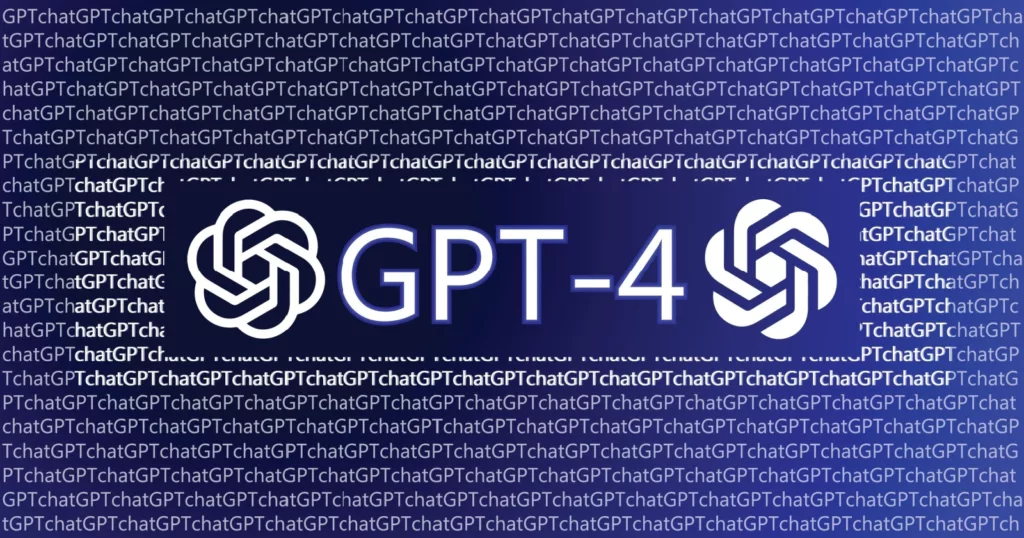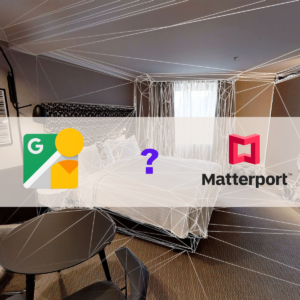
Panora Studio
Panora Studio is the production studio of The Hospitality Metaverse. All our 3D virtual tours for remote site inspections are produced with cutting-edge Matterport technology.

Firstly, GPT-4 can help event planners come up with unique and exciting event ideas. Simply provide the AI with basic information about the event, and it will generate creative themes and concepts that will wow your clients and attendees.
Moreover, creating catchy and engaging promotional material is crucial for a successful event. GPT-4 can help you write attention-grabbing social media posts, email invitations, and press releases, saving you time and effort.
Designing a well-structured event schedule can be challenging. However, GPT-4 can analyze your event’s objectives, guest profiles, and other key factors to generate an optimized timeline that ensures a smooth and enjoyable experience for all.
Additionally, GPT-4 can help you draft professional and engaging scripts for your event’s host, speakers, and other key participants. Just input some basic information, and the AI will generate a polished script that enhances your event’s overall flow.
Using GPT-4, you can create personalised emails for your event attendees. These emails can include individualised welcome messages, updates, and reminders, making your guests feel valued and well-informed.
Furthermore, GPT-4 can help you stay on top of social media conversations around your event. It can analyse comments, questions, and feedback, and even generate suitable responses to address the needs of your audience, all in real-time.
GPT-4 can assist in sorting and prioritizing questions submitted by attendees for Q&A sessions. As a result, it can identify the most relevant and interesting questions to ensure a smooth and engaging experience for both the speakers and the audience.
After the event, GPT-4 can analyse post-event feedback and generate insightful reports that highlight the successes and areas of improvement. This valuable information can help you make data-driven decisions for your future events.
Notably, GPT-4 can help you write clear and engaging content for your event websites and apps. From informative pages to compelling blog posts, the AI can generate content that keeps your audience engaged and informed.
Lastly, GPT-4 can be utilised to create personalised networking suggestions for attendees based on their interests, professions, and other factors. This can help foster meaningful connections and enhance the overall event experience.
In conclusion, integrating GPT-4 into your event planning workflow can be a game-changer. From idea generation to post-event analysis, this powerful AI tool can streamline your tasks, save time, and ultimately create more successful events. Don’t hesitate to explore these 10 use cases and discover how GPT-4 can revolutionise your event planning experience.

Panora Studio is the production studio of The Hospitality Metaverse. All our 3D virtual tours for remote site inspections are produced with cutting-edge Matterport technology.

Exploring the intricacies of virtual tours: Matterport 3D vs. Google Streetview. Dive into a head-to-head comparison, unpacking their strengths and limitations in the hospitality sector. Discover which platform reigns supreme and why. Elevate your venue’s virtual presence.